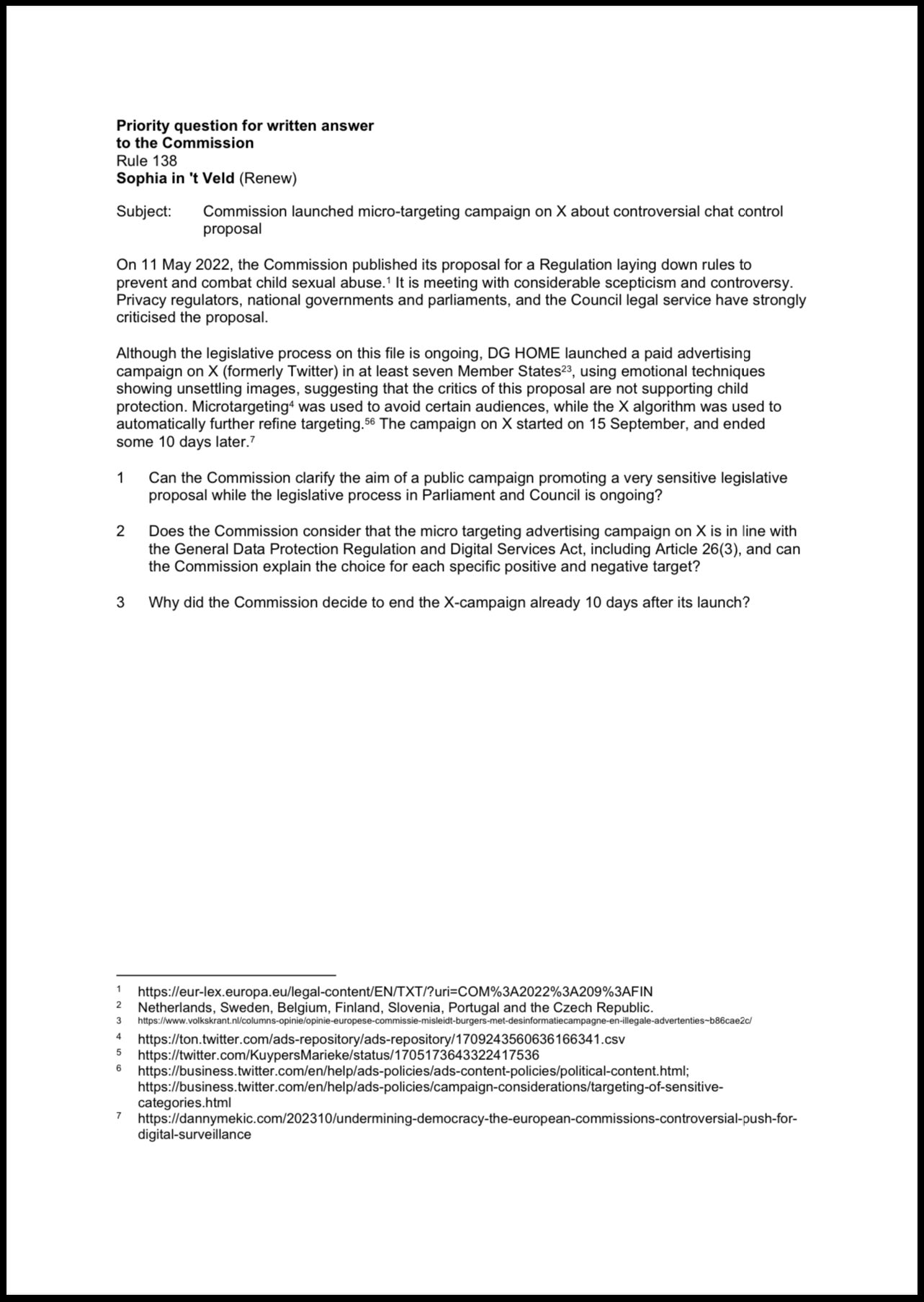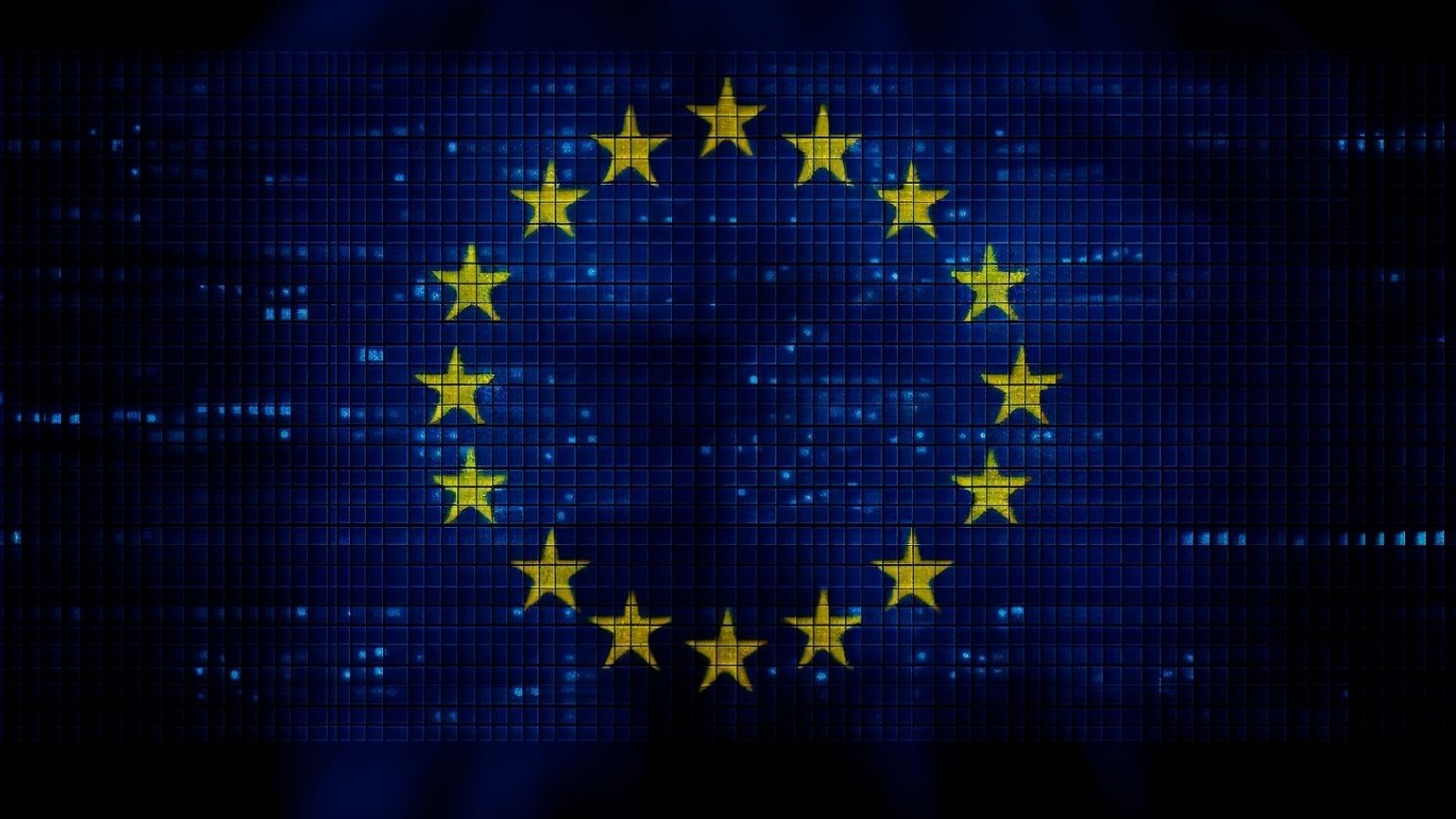The European Union’s credibility is taking another hit, as the bloc feverishly looks to rein in digital platforms, but also its very own member countries.
However, in this process, it has reportedly managed to “out” itself as one of those that want others to do as it says – but not as it does.
So, how do you say, “hypocrisy” – in EUspeak?
It’s not a word, it’s a whole embarrassing story – but obviously, in the very tightly controlled legacy media environment, it’s doubtful if it will ever reach regular people, despite its significance.
The gist is that just as it is trying very hard to usher in the new rules – that opponents say are seriously undermining citizens’ privacy online – all the while with the excuse of “thinking of the children” by targeting platforms that offer encryption and privacy, the EU is resorting to some of the exact same tricks it is accusing those platforms of.
The big picture is the CSAM (child sexual abuse material) regulation that critics have, for good reason, “rebranded” as “chat control” – just to make things clear and “cleansed” of the bureaucratic language gymnastics.
The gist of the new rules is to make sure that any encrypted messaging app – WhatsApp, iMessage etc. – with any kind of encryption (and its different kinds, depending on the platform) – suddenly shed this fundamental piece of internet safety, for the sake of meeting EU’s allegedly child-friendly concerns.
How can anyone in good faith argue against that, must have been the thought process over in Brussels, when this idea first came up.
Well, a lot of people can – and they include not only individual internet security researchers, other scientists, but also privacy regulators and even EU Council’s own lawyers.
And while all that is fairly well known, there has now emerged another layer to the EU “CSAM rules disaster cake” – namely, the EU is using the same methods its controversial rules are meant to “combat” – such as targeted apps as a vehicle for “(mis)information.”

Sure, you say – you know how the EU works; you could have made this up. But chances are, before the details started coming to light, you really couldn’t have. Such is the level of blatant hypocrisy on display here.
Namely, when some of the bloc’s 27 members, those countries that are trying to resist the regulation they view as highly unreliable from both the privacy and purely technological viability point of view, who knew the EU would “hit” back with – a targeted ad campaign?!
And on X (Twitter) of all places – that social platform Brussels (for some reason) loves to hate, ever since Elon Musk acquired it.
So within the EU, the proposal (heavily dependent on “AI” – which is well known for being inaccurate to say the least, with a great number of potentially damning false positives) has met with opposition – and a lot of procedural arm-wrestling. The latest attempt to “get things done” failed.
And bright and early on September 15, the EU’s response? Was it to take those considerations to heart and rethink/rewrite the legal proposal? No. It appears to have been to launch a targeted, paid ad campaign against citizens in dissenting countries.
But targeted campaigns are exactly one of the things the EU says is pushing against – i.e., profiling based on “personal preferences, interests, location, behavior, political opinions, and religious or philosophical beliefs” – yet the organization is now using the very same tactics against some members, who are resisting the regulation on a different (namely privacy) grounds.
Make it make sense.
Well, that’s the story coming out of the Dutch news outlet Volkskrant, the point being that X users in those countries who are unhappy with the proposed CSAM rules have been targeted with the campaign that promotes them.
Guess how it’s done? Location targeting, and then, using all relevant (or just all available) data points. Including, “personal preferences, interests, behavior…” the nefarious use of data harvesting goes on, and on.
And, it gets worse. The wording of the campaign itself, never mind the underlying mechanisms to put it out there, have been misleading.
One of the “arguments” made by the EU was based on “the majority of Europeans” supporting the regulation – but a survey quoted was skewed towards the benefits of the proposal – while ignoring the disadvantages.










